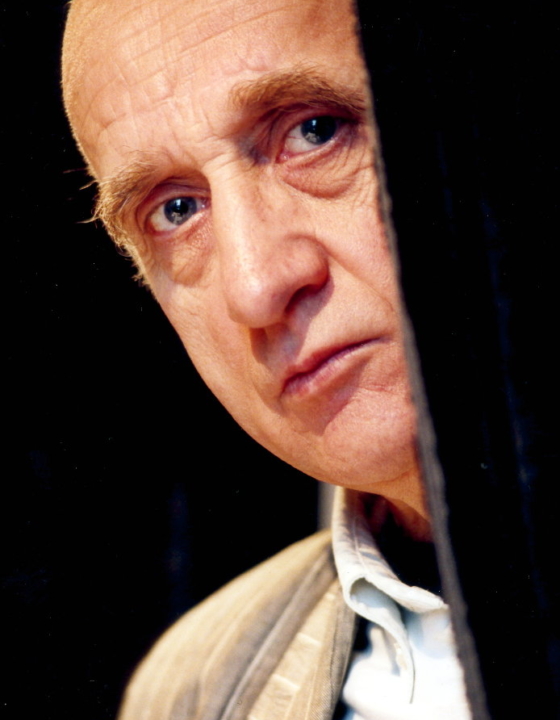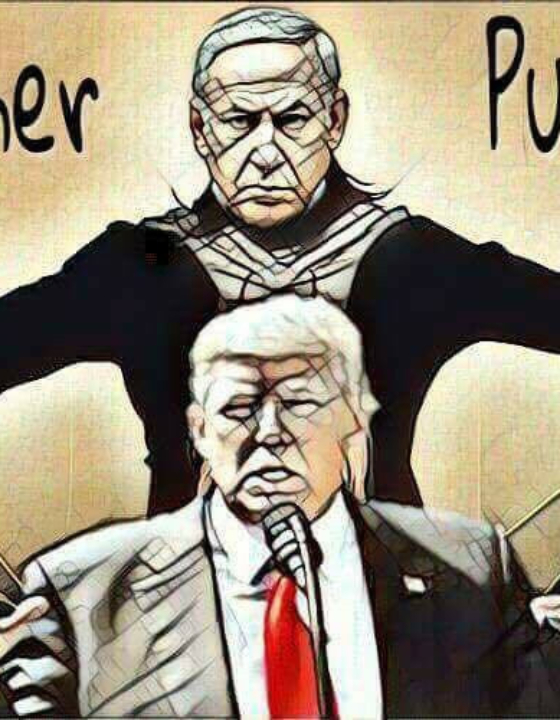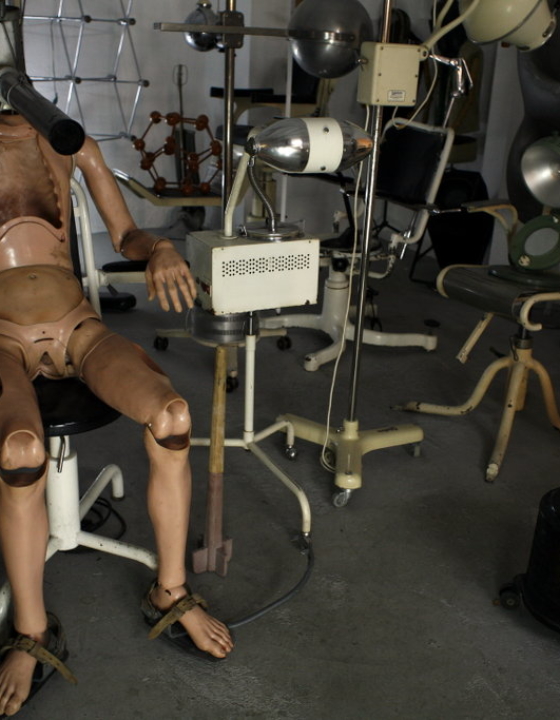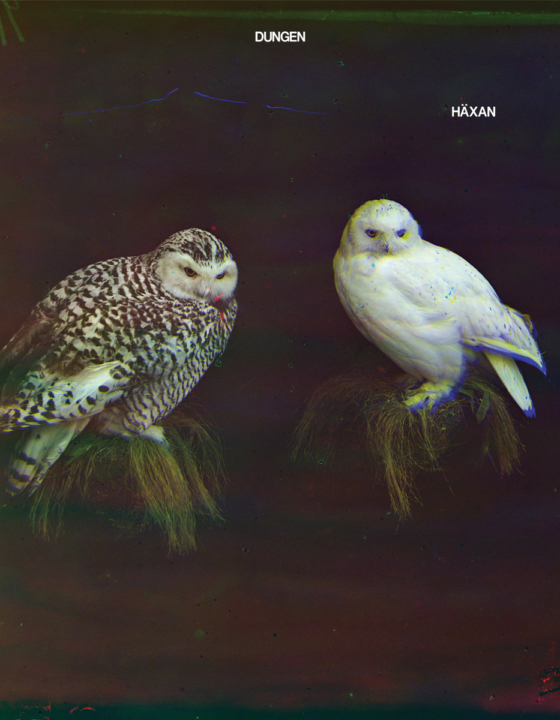Niccolò Machiavelli’s book The Prince is a very raw and unedited description of the mechanism of power. How to gain power and maintain power. In his book which is very short, less than hundred pages, his take on power is presented concisely and brutally honest, based on the time when he was in the political scene and mingled around with the elites of Florence. During the Renaissance the Medicis were the bosses of Florence. And they got taken away by the Republicans, now that’s when Niccolò Machiavelli got into the seats of power. Eventually the Medici family won back their position and crushed their enemies. Niccolò Machiavelli life was barely spared and he was exiled from Florence.
One theory is that this book is a kind of manual and a guide for the Medici in power; of how a prince or a leader should gain and maintain his power. This theory says that Niccolò Machiavelli made it as a CV and gesture of mercy to win back trust and find his way into the power circles of Florence.
However there is another theory which says that this book was written for the people. Now imagine this. Today it’s easy to start a YouTube channel for example, do a presentation and share your opinions which can spread around instantaneously far and wide. In the time of Niccolò Machiavelli, and basically throughout most of human history, you couldn’t spread your ideas easily, if in any way at all. Most people were illiterate and only the few educated nobles and clerics stood for the writing and publishing. Their control over the public was total. Just having paper or material to write on and the time made sharing ideas almost impossible. It’s obvious that Niccolò Machiavelli had to dedicate the book to the Medicis as a cover, to even get it printed. Ultimately nobody knows why he wrote the book, but I think the whistleblower theory makes sense. I don’t think a man of such capacity would have been so naive to think the Medicis would have taken him back, after he betrayed them and barely got away with his life.
Erica Benner writes in her article Have we got Machiavelli all wrong?
If Machiavelli did send the Medici The Prince, which seems unlikely, he could not have expected them to take its “advice” – to bribe, swindle, and assassinate one’s way to power – as gifts of friendly wisdom. Nor would it have helped his cause that he addresses the Medici as “princes” in his dedication, and insists on their remoteness from the people. Just like modern dictators, the Medici were keen to keep up the fiction that they were mere “first citizens” in Florence’s republic, not monarchs or tyrants. Calling them princes was an audacious piece of cheek. No wonder readers of The Prince in the early modern era – philosophers such as Francis Bacon, Spinoza and Rousseau – had no doubt the book was a cunning exposé of princely snares, a self-defence manual for citizens. “The book of republicans,” Rousseau dubbed it.
Sadly for the author, or indifferently, the book was rejected, he never got anything back for it. He never got back into the seat of power and he lived out his life as a poor family man. He was also very immoral as he cheated on his wife and went to prostitutes and so on. Something which sounds identical to a handful of modern day whistleblowers. If all angels on Earth are whistleblowers, not all whistleblowers are angels.
I think this book was dedicated to the people based on what he had observed. Exposing the nature of power structures and it’s movement can’t be expected to only wake up the masses – without also finding its way as inspiration to the rulers. The Prince has inspired leaders, generals, politicians and the axiomatic psychopathic nature it involves in those groups.
The mechanism of power has changed over the centuries. Back in the days aspiring kings and leaders had to kill the whole family basically, because of eventual revenge. Yeah that’s the way it was done. Vlad the Impaler had a smaller force and had to scare the Ottoman forces, by all means. Today it’s more a kind of sneaky approach with economical warfare, drone strikes, sanctions and the perpetual (proxy) wars of interest that outnumber the brutal stories we can read about in history books. More people are killed today than back in those times, so some things were bloodier then and some things are bloodier now. The power mechanism stays the same and that’s what is keeping The Prince alive. The tools for power have changed, not the movement of it, not the patterns as are portrayed in The Prince. Niccolò Machiavelli is another example of somebody who died not knowing how his piece of work would influence posterity. How The Prince would be wrought in the world of ideas forever. That his name would become a definition of something, a Machiavellian rule or a Machiavellian type. Machiavellian (cunning, scheming, and unscrupulous, especially in politics).
After Niccolò Machiavelli’s death the book began to spread around and it was banned by the Roman Church and in the principalities. It’s very interesting that the public shared the book and those few who could read were responsible in sharing its content. Which would have enlightened those interested in why their leaders were doing this or that, staging this or that conflict, for who’s benefit? The power elite appeared naked. It’s no surprise that the rulers immediately banned it – while obscurely studying it.
I think The Prince should be part of the curriculum in school. I will introduce my kids to this book when they start to think and ask questions such as: Where does money come? Why are there laws? Who’s the boss around here? Are many bosses who decide who’s boss in this country? The Prince is so brutally honest and to the point which makes it a fine starting point and a shortcut (not in a negative sense) on how the world of men works.
I remember what I learned in school was all in the idealistic fantasy realm regarding politics, economy and the world of men. It was all based on how it ought to work and presented as such – which is good. The intention of government, but not the reality of government. Reality, the real deals, the real decisions are not made like schoolbooks presented. There’s so much bribery, corruption and decisions made purely on economic pursuits rather than based in any democratic idea, or even with a thought on what’s best for the people. Children are mature and ready to learn about all this in my opinion. Social science ought to be about reality, based on it and nothing else.
Power and keeping power is the ultimate goal of power. Nobody in power is there for the common man, besides satisfying the common man to a point where you don’t have to care that much about uprising. In the words of Niccolò Machiavelli.
…men are so simple, and so subject to present necessities, that he who seeks to deceive will always find someone who will allow himself to be deceived.
Listen to The Prince as an audiobook from LibriVox.








What do you think?